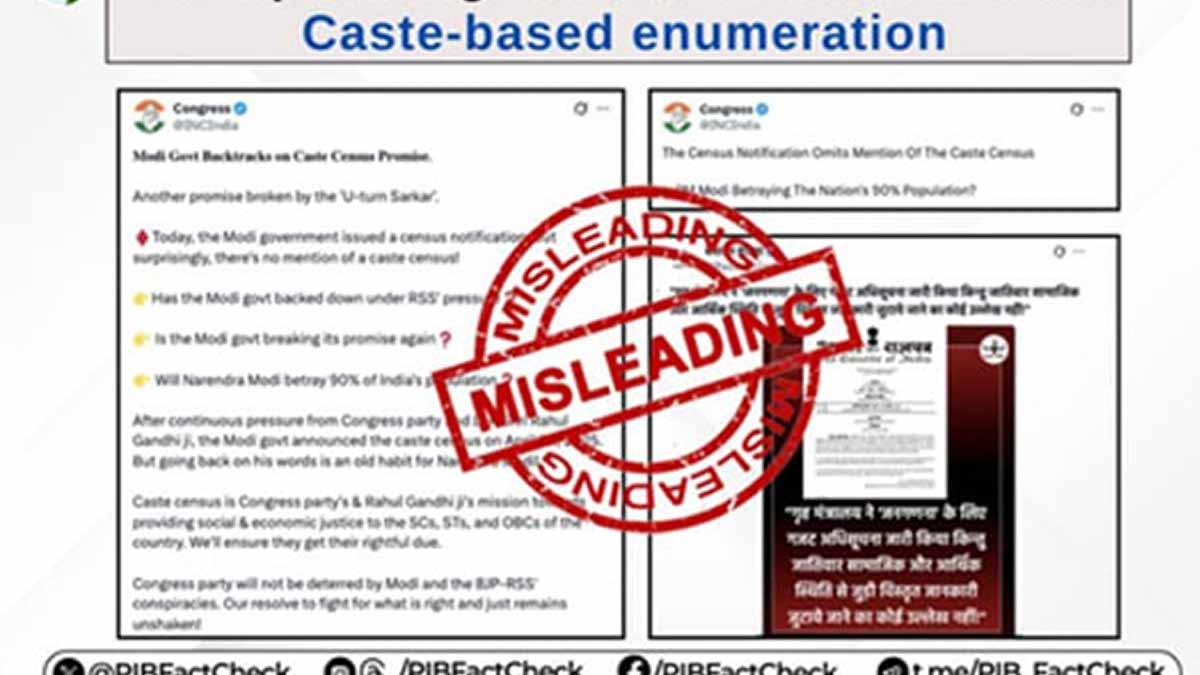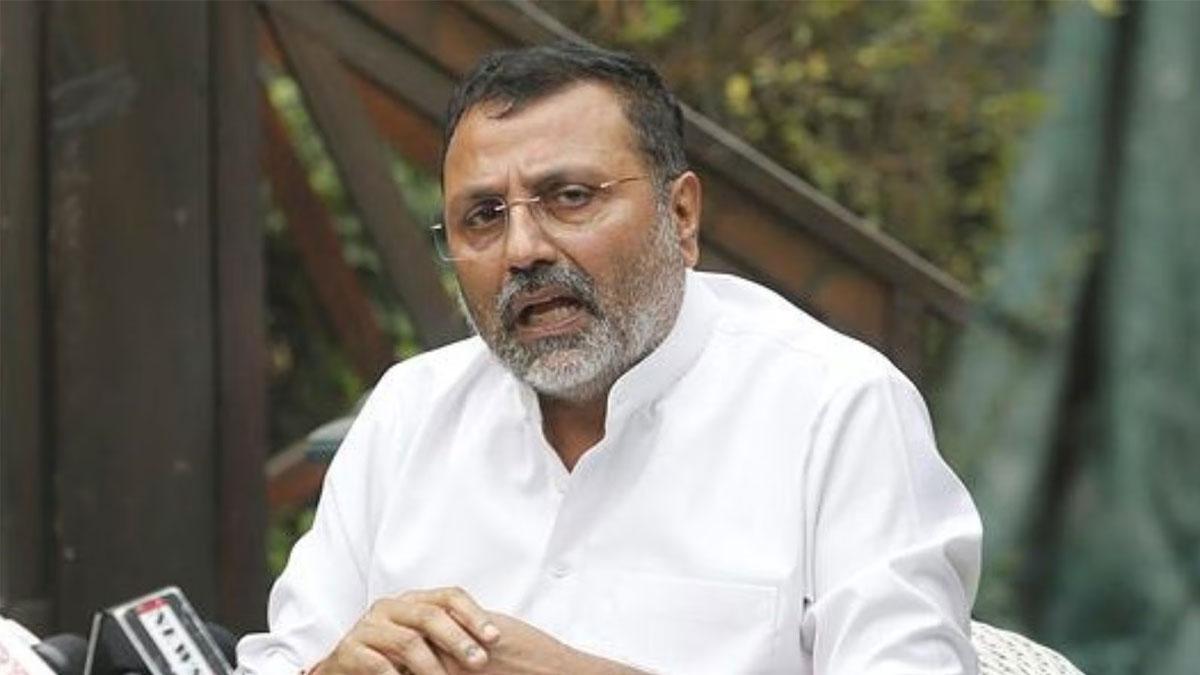The All India Muslim Jamaat's National President, Maulana Shahabuddin Razvi, criticized the All India Muslim Personal Law Board (AIMPLB) severely for deviating from its original goals and becoming dominated by political leaders.
His remarks come in response to AIMPLB’s protest at Jantar Mantar in New Delhi against the Waqf (Amendment) Bill, 2024. The board has alleged that the bill is part of a larger governmental agenda to seize Waqf properties. The demonstration saw participation from 11 political parties, including the Congress.
However, AIMPLB has been criticised by Maulana Razvi for choosing to cooperate with political factions and not acting towards the key challenges of the Muslim community.
"AIMPLB is organizing a dharna at Jantar Mantar. Everyone has the right to protest, but I want to highlight a most important issue. When the Muslim Personal Law Board was formed, it was with the main objective to deal with social problems and fight evils in Muslim society. But it has lost its way from there," he said.
He also added that the board, which was once free from political connections, is now controlled by people associated with different political parties.
"The board today is comprised of individuals associated with different political groups, including Parliament members. Samajwadi Party leaders, Congress leaders, and even AIMIM president Asaduddin Owaisi occupy important positions in the Muslim Personal Law Board," he said.
Razvi raised a concern that AIMPLB is now focusing from Sharia-related issues and social causes towards political ambitions, with implications.
"It can be seen clearly that politicians and political parties have taken over the Muslim Personal Law Board. That takeover will be catastrophic for actual Muslim concerns," he warned.
His criticism is at a time when there has been ongoing controversy regarding the Waqf (Amendment) Bill, 2024. The Joint Parliamentary Committee (JPC) submitted its report on the bill to Parliament on February 13, which encountered stiff opposition from many political parties.
The initial Waqf Act of 1995 was passed to govern Waqf properties, but with the passage of time, issues of mismanagement, corruption, and encroachments have emerged.
The suggested amendment is meant to bring in reforms like digitization of documents, more rigorous audits, increased transparency, and legal means to retake illegally occupied properties.
Read also| Hurriyat Chief Mirwaiz Umar Farooq Placed Under House Arrest in Srinagar
Read also| No religion has such rich tradition of festivals as Sanatan Dharma, Says Yogi Adityanath


















